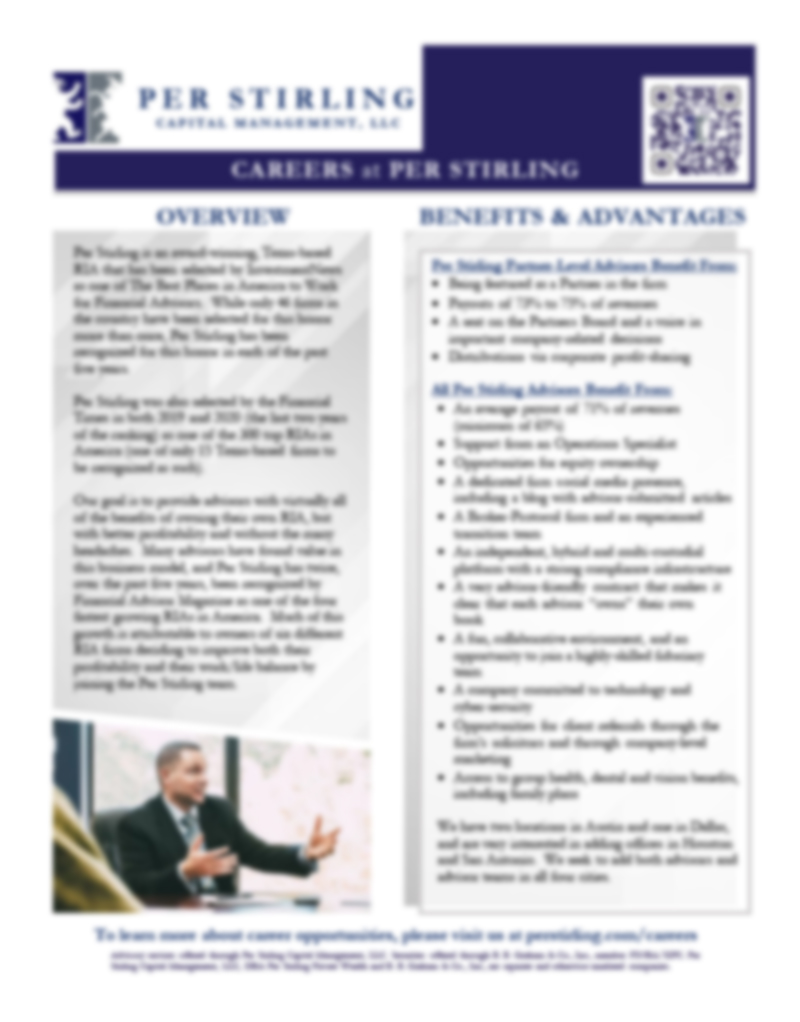10
SeptemberHow Much Money Should I Save For Retirement?
Generally speaking, as much as possible. You need to build a fund that you’ll be able to draw on for much of your retirement income. Believe it or not, this may be possible if you start early and make smart choices. Contribute as much as you can to tax-advantaged savings vehicles [e.g., 401(k)s, IRAs, annuities]. Then round out your retirement portfolio with other investments (e.g., stocks, bonds, mutual funds). As you’re planning and saving, keep in mind that you may have 30 or more years of retirement to fund. So, you probably need an even bigger nest egg than you think.
Your particular circumstances will determine how much money you should save for retirement. Maybe you have a pension plan, or your Social Security benefits will be large enough to tide you over. If so, you may not need to save as much as other people. But other personal factors will enter the picture, too. If you plan to retire early (e.g., age 50 or 55), you’ll have even more retirement years to fund and will need larger assets than someone who plans to work until age 65 or 70. Conversely, you may require fewer assets if you plan on working part-time during retirement.
Your projected expenses during retirement will also help determine how much money you’ll need and how much you need to save to get there. Certain costs (e.g., food, utilities, insurance) will be shared by almost all retirees. But you may still be saddled with retirement expenses that many retirees no longer have (e.g., mortgage payments or a child’s tuition). Expenses will also depend on the type of retirement lifestyle you want. How many nights a week will you dine out? How much traveling will you do? These kinds of questions will give you a better idea of how much money you’ll be spending once you retire. In general, the greater your anticipated retirement expenses, the more you need to save each year to meet those expenses.
Generally, annuity contracts have fees and expenses, limitations, exclusions, holding periods, termination provisions, and terms for keeping the annuity in force. Most annuities have surrender charges that are assessed if the contract owner surrenders the annuity. Withdrawals of annuity earnings are taxed as ordinary income. Withdrawals prior to age 59½ may be subject to a 10% federal income tax penalty. Any guarantees are contingent on the claims-paying ability and financial strength of the issuing insurance company.
Before investing in a mutual fund, carefully consider its investment objectives, risks, fees, and expenses, which are contained in the prospectus available from the fund. Review the prospectus carefully, including the discussion of fund classes and fees and how they apply to you.
This content has been reviewed by FINRA. Prepared by Broadridge Advisor Solutions. © 2024 Broadridge Financial Services, Inc.





